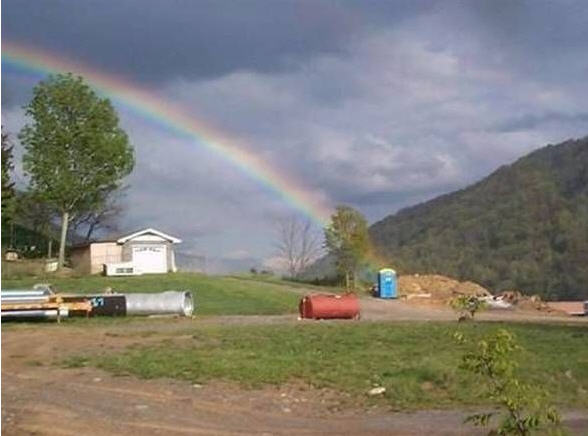
Tolkien was a master of words with sounds that connote meaning. But I often find that a lot of his work was not produced from thin air. Case in point: I was looking today at the word “ogre.” Check out this etymology from the OED.
French ogre (late 12th cent. in Old French in sense ‘fierce pagan’, c1300 in sense ‘man-eating giant’, attested again from 1613; also hogre (1704 in the passage translated in quot. 1713 at main sense)), further etymology uncertain and disputed.
French ogre is perh. < classical Latin Orcus, the name of the god of the infernal regions, Hades, Pluto (further etymology uncertain), with metathesis of r (perh. influenced by words such as bougre BOUGRE n.), or perh. < post-classical Latin Ugri, Ungri, Ongri, applied by early writers to the Hungarians or Magyars (see UGRIAN n.). Cf. (< classical Latin Orcus) Middle French orque hell (16th cent.; prob. a later reborrowing), and also Italian orco demon, monster (13th cent.), Spanish huerco devil, personification of death or hell (1330-1900), Sardinian orcu demon, and early modern Dutch orck unruly person (Dutch regional ork). Spanish ogro (1787-1900) is a borrowing from French ogre.
In folklore and mythology: a man-eating monster, usually represented as a hideous giant. In extended use: a person resembling or suggestive of an ogre; a cruel, irascible, or fearsome-looking person.
But Tolkien’s not the only one using his brains. Here’s one from Robert Jordan.
sangrayle, -grayll(e, seynt graal, 7-9 sangreal, 9 sangreall. [a. OF. Saint Graal ‘Holy Grail’: see SAINT a. and GRAIL.
The pseudo-etymological form sang roial (confusing the word with SANG-ROYAL 2) appears in AF. of the 15th c.: see Godefr. Compl. s.v. SANC. Another spurious etymology formerly common appears in the following quot.:
1685 STILLINGFL. Orig. Brit. i. 13 Others think that the word was Sangreal, being some of Christ’s real blood..said to be somewhere found by King Arthur.]
1. = GRAIL.
a1450 Le Morte Arth. 10 The knights of the table Round, The sangrayle when they had sought. c1450 Merlin ii. 32 Thi boke shalbe cleped the boke of the seynt Graal. 1470-85 MALORY Arthur II. xi. 88 Soone after the aduentures of the Sangrayll shalle come among yow and be encheued. 1808 SCOTT Marm. I. Introd. Epist. 268 He took the Sangreal’s holy quest. 1871 G. MEREDITH H. Richmond II. 145 They bear the veiled sun like a sangreal aloft to the wavy marble flooring of stainless cloud.
Zing!

















